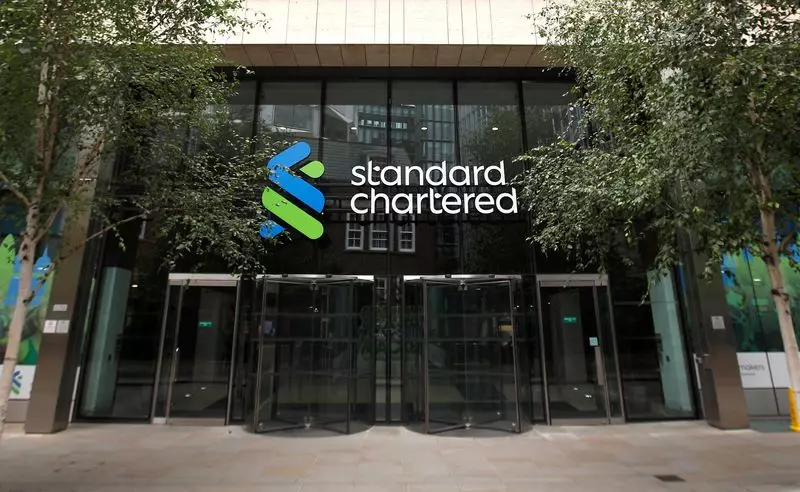The financial landscape in Zambia has recently been rocked by a significant regulatory action against Standard Chartered Bank. The Securities and Exchange Commission (SEC) of Zambia has taken steps to penalize the bank for violations related to the sale of bonds issued by Sino-Ocean, a state-backed property developer in China. This incident underscores ongoing issues within the banking sector, particularly concerning compliance and transparency during turbulent financial periods.
The SEC’s investigation, which began in April, revealed that Standard Chartered had failed to disclose crucial information pertaining to the bonds sold in March 2022, a time when the real estate market in China was experiencing severe crises. This lack of transparency is alarming, as it directly impacts customer trust and market integrity. Furthermore, the bank was found to have implemented “exclusionary” clauses within contracts, which allocated all risk to the clients—a clear violation of Zambia’s securities regulations. As the bonds issued by Sino-Ocean are now largely considered worthless following their default, the implications for affected clients are substantial.
In a statement reacting to these findings, Standard Chartered expressed its intention to appeal the SEC’s decision, signaling its commitment to uphold regulatory protocols. This appeal process, under Zambian law, provides the bank with 30 days to contest the regulatory action. It’s important to note that while the SEC can impose penalties, it lacks the authority to mandate customer compensation, leaving many clients without recourse after potentially significant financial losses.
This case highlights broader trends in the banking industry, particularly concerning adhering to regulatory standards. As Standard Chartered seeks to offload its wealth and retail banking divisions in Zambia, alongside its operations in other African nations like Botswana and Uganda, it raises questions about the sustainability of banks that engage in risky practices. The financial climate in Zambia and other African nations can be particularly volatile, emphasizing the need for banks to maintain high standards of both transparency and customer communication.
With nearly 120 years of operation in Zambia, Standard Chartered holds a significant position in the nation’s banking history. However, recent trends indicate a strategic contraction of its presence in the African market. The bank has divested from various countries, including Tanzania and several West African nations, reflecting a broader reevaluation of its business model in the region. This shrinking footprint raises concerns about the bank’s long-term commitment to Zambia and what that might mean for existing customers.
As the SEC’s actions against Standard Chartered unfold, this situation serves as a crucial reminder of the importance of ethical conduct within financial institutions. The outcome of this case may not only affect Standard Chartered’s future in Zambia but also serve as a precedent for regulatory scrutiny over banks operating in high-risk environments. This scenario could potentially encourage improvements in consumer protections and necessitate a more rigorous approach to compliance in the financial sector. For clients and regulatory entities alike, the importance of accountability and transparency in banking cannot be overstated.

